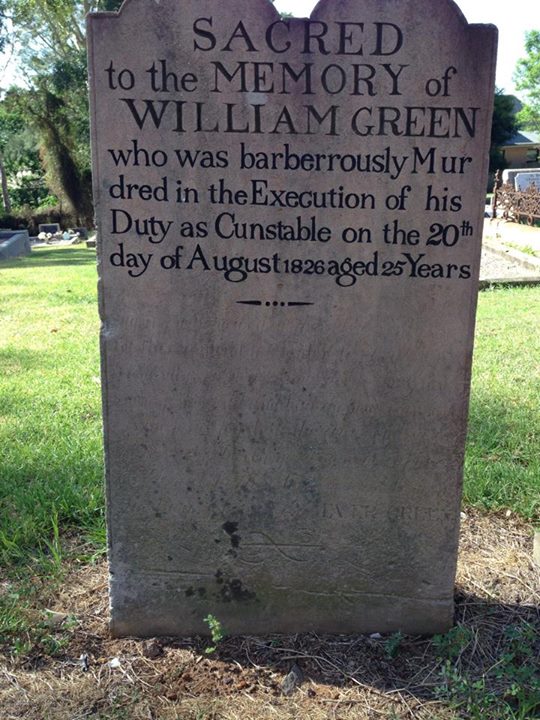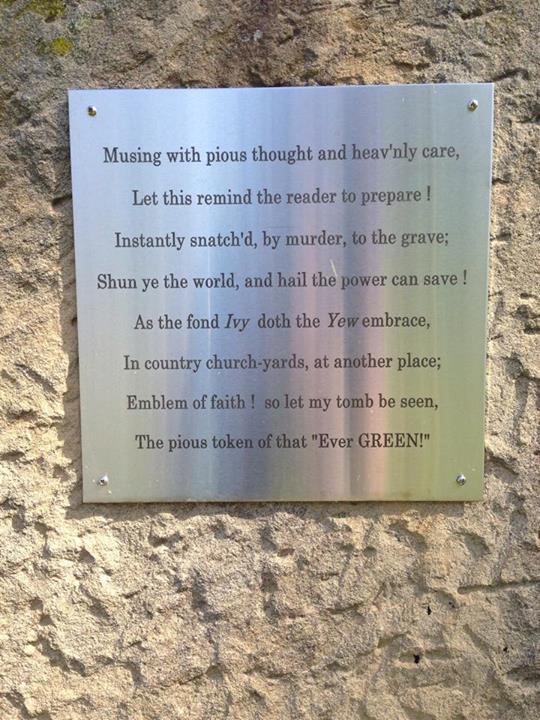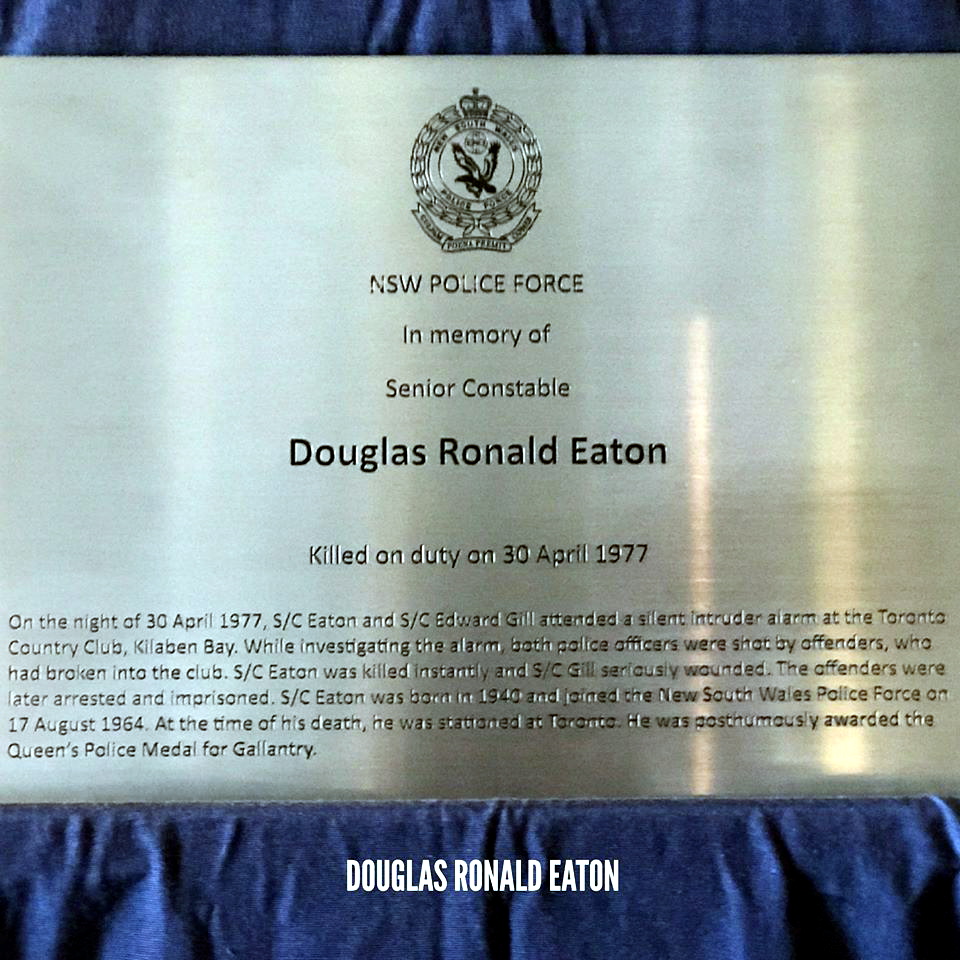Constable William GREEN
Constable William GREEN
Murdered
Windsor
20 August, 1826


The Government and General Orders from the Colonial Secretary’s Office dated 14 March, 1822 carried the following direction: “William Green, to be Constable in the Town of Windsor, vice William Ramsay” Appointment to be dated 2nd Instant. He then appears to have carried out his policing duties over the following four years or so until he is mentioned in the Sydney Gazette and New South Wales Advertiser of 30 August, 1826 which carried the following slightly cryptic story:
MURDER On Sunday 20th Instant Captain Brabyn J.P. of Clifton Cottage, on his return from Church, beheld rather an unseemly contrast in the order of things; the female servant was absent from the house, and within view of her master, on the estate, being pulled about by some man, as if in the act of stealing her shawl. A constable was dispatched to bring the stranger to account; the female returned home in a state of intoxication, and the man murdered the constable, William Green, in the most horrid and deliberate manner, returning to the attack of brutality upon the object of his fury, while having a symptom of life. The murderer, Isaac Smith, has confessed his guilt, and related expressions of hideous thought. Smith, after the Inquest, proceeded with some constables, and gave up a pistol which he had secreted.
The newspaper went on to describe the constable as “remarkable for his inoffensive manners, and esteemed in that point, by even the haters and fearers of police discipline; he would not pervert the expressions of his tongue by designing animadversion towards a prisoner in his charge, nor would he give a man a blow when handcuffed; he was plain in the duty he performed, and conducted himself with sobriety and integrity”
At the offender Smith’s trial, Thomas Finch, who was employment of Captain John Brabyn at the time, gave evidence to the effect that he “heard, at about half-past four o’clock on the day before stated, cries of “murder” – they were distant about one hundred yards, or perhaps more – he hastened in the direction from whence the cry seemed to proceed, and found the prisoner (Smith) employed in encouraging a bull-dog to attack the deceased – witness requested Smith to call the dog off, when the latter threatened to “serve” witness the same way if he dared to interfere – witness left the spot for a few moments – spread an alarm – returned with assistance, and found the deceased stretched on the grass nearly lifeless – he was conveyed to the general Hospital. The prisoner with his dog was standing a few yards off. A Windsor constable who took him into custody, deposed to several unfeeling expressions having been subsequently uttered by the prisoner within his victim’s hearing, such as upon his hearing a groan from Green, who lay in an adjoining room, – “Ah, you’d be settled before morning, and stiff.’ The constable further deposed, that upon prisoner being brought near to deceased’s bed, the latter accused him of being his murderer. Prisoner not only confessed the crime, but avowed that he had broken a pistol over the deceased’s head. A waistcoat stained with blood was found on the person of the other prisoner (Moore.) He was the opinion of Mr. Thomas Allen, the examining surgeon, that the severe distinct and fatal wounds on the superior part of the head, had been produced by blows. ( Smith was executed at Windsor on 11 September, 1826. An alleged accomplice named Moore was acquitted.)
At the time of his death the constable had been stationed at Windsor for over four years.



